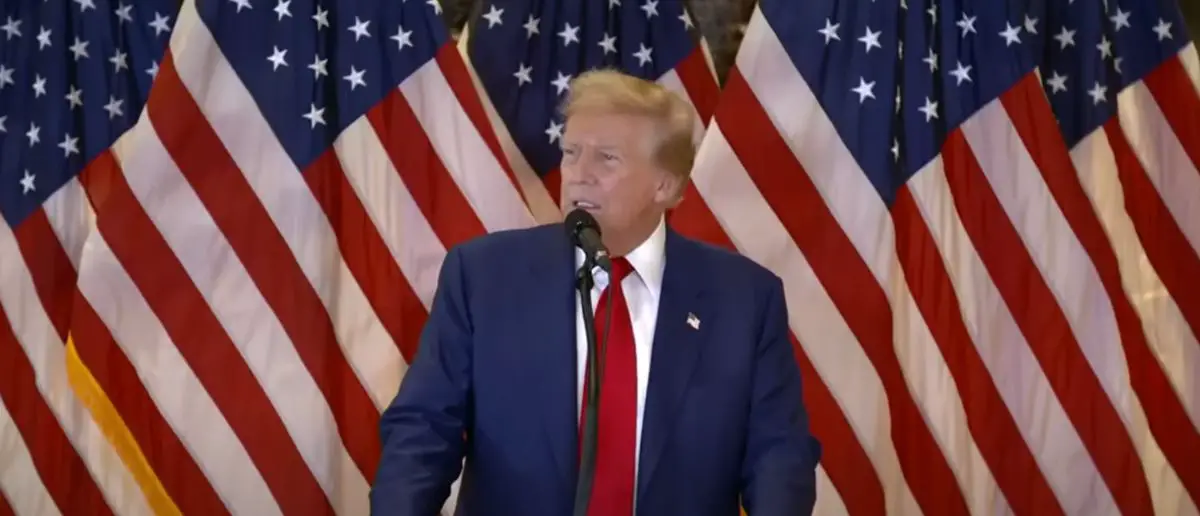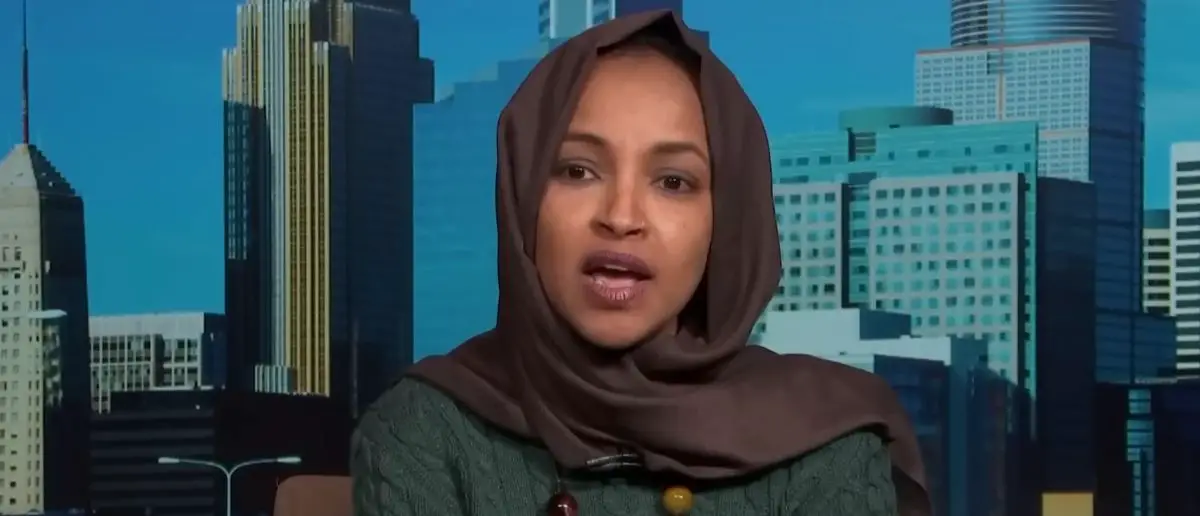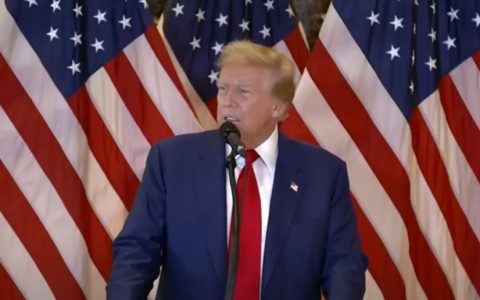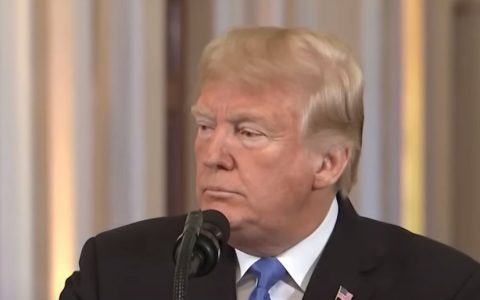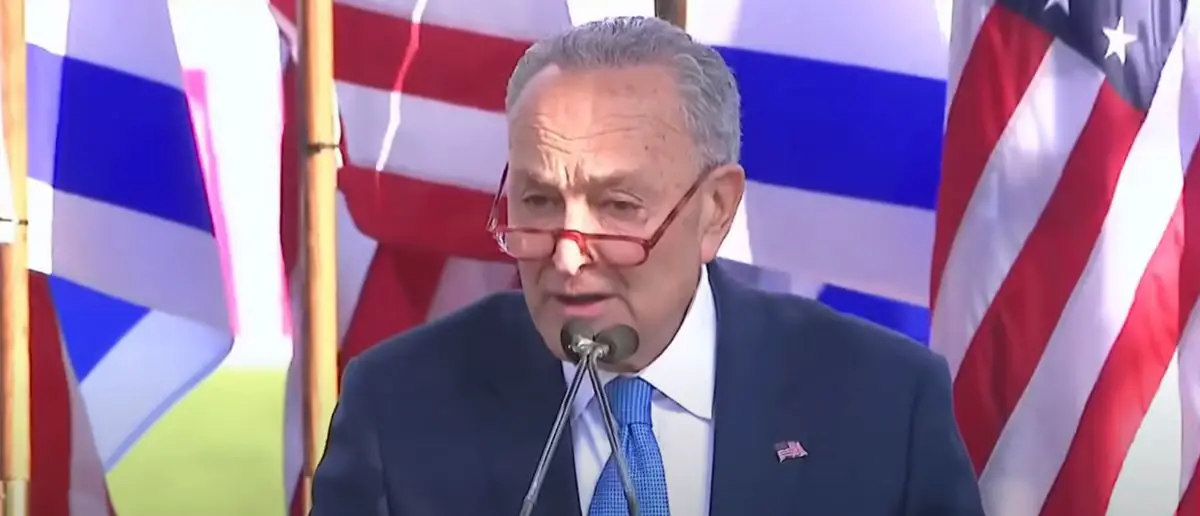
The Democrats have lost their minds. Their leaders are going down a dark path.
And now Chuck Schumer is about to nuke his career with a truly boneheaded decision.
Democrats Risk Public Backlash with Government Shutdown Threats
Senate Majority Leader John Thune has issued a stark warning to Democrats: if they obstruct government funding efforts, they will bear the brunt of public blame for any resulting shutdown. With a critical September 30 deadline looming to fund the government for the new fiscal year, Thune emphasized that Senate Democrats, led by Chuck Schumer, must provide the necessary votes to meet the Senate’s 60-vote threshold and keep federal operations running smoothly.
Thune’s strategy hinges on demonstrating that Republicans have exhausted all efforts to secure funding. “I think what we have to do is prove, in a Schumer shutdown scenario, that we have done everything we can to fund the government,” Thune told the Daily Caller News Foundation in an office interview. He noted that with Republican control of the White House and the House, alongside Senate Republicans’ support, Democrats would be isolated as the sole obstacle to avoiding a partial shutdown.
The political stakes are high for Democrats, who face internal pressures that could push them toward a confrontational stance. Schumer faced sharp criticism from his party’s progressive wing in March for supporting a GOP-backed spending bill to avert a shutdown. The decision, perceived as a capitulation, disrupted his book tour and sparked backlash from senior Democrats, even fueling talk of a primary challenge from the left.
“The pressure is going to be enormous from the left wing of the party,” Thune said on the Ruthless podcast, pointing to influential progressive senators like Elizabeth Warren, Bernie Sanders, Cory Booker, and Chris Murphy. These figures, increasingly dominant within the Democratic caucus, may see a shutdown as a chance to assert their influence, despite the risks of alienating the electorate.
Thune remains confident that the political fallout from a shutdown would outweigh any short-term gains Democrats might achieve with their base. “They may relish the specter of that,” he told the Daily Caller News Foundation, referring to a potential shutdown led by Schumer. “But I think it’s pretty hard to explain [to voters] if you’re the last impediment to getting the government funded.”
Democrats’ reluctance to cooperate stems partly from dissatisfaction among their base. “Frankly, a lot of our approval rating problems are from Democrats dissatisfied with our level of fight,” Rhode Island Senator Sheldon Whitehouse told the Hill, citing a recent poll showing the party’s approval rating at just 40%. Congressional Democrats fare even worse, with only 27% of registered voters approving of their performance, according to a July Marist/NPR/PBS News poll.
The Democrats’ combative posture was further inflamed by a White House request to cut $9 billion in funding for public broadcasting and foreign aid. Some Democrats viewed the move as an attack on their priorities, prompting threats to escalate tensions. “If the administration is determined to blow up appropriations and force us into a government shutdown, they ought to just tell us,” Delaware Senator Chris Coons told the Washington Post.
However, not all Democrats are aligned with this hardline approach. Pennsylvania Senator John Fetterman has publicly rejected the idea of a shutdown, calling past threats “total theater.” His dissent highlights growing divisions within the Democratic caucus, which could undermine Schumer’s ability to maintain party unity as the funding deadline approaches.
Thune’s leadership marks a return to “regular order” in the Senate, a process that emphasizes committee markups, amendments, and open debate for appropriations bills. This approach contrasts sharply with Schumer’s tenure, during which no appropriations bills reached the Senate floor in 2024, despite 11 of 12 passing committee with bipartisan support. “We are all about moving forward with regular order,” Montana Senator Steve Daines told the Daily Caller News Foundation, warning that Schumer’s obstruction could lead to him owning any shutdown fallout.
The refusal to engage constructively risks further eroding Democrats’ public standing. By prioritizing ideological battles over governance, they alienate voters who value stability and bipartisanship. A shutdown would disrupt essential services, delay federal payments, and frustrate Americans already skeptical of Congress’s effectiveness, further damaging Democrats’ credibility.
Thune acknowledged that a stopgap spending measure might be necessary if the Senate cannot pass all 12 appropriations bills by the deadline. “I think there’s a real value to doing this the old fashioned way,” he told the Daily Caller News Foundation. “But at some point we’re going to have to fund the government.”
Republicans are already amplifying their message, framing any potential shutdown as a “Schumer Shutdown.” “The issue is — does Chuck Schumer want to shut down the government over his hatred toward the president, because that’s really what it comes down to,” Oklahoma Senator Markwayne Mullin told the Daily Caller News Foundation. With Republicans holding only 53 Senate seats, they need Democratic votes to reach the 60-vote threshold, making Schumer’s cooperation essential.
Mullin emphasized the Democrats’ dilemma: “They’ll have to [take the blame] because we can’t do it alone. We only have 53 [votes]. It takes 60. And so if they don’t provide the votes, there is nothing else we can do.” This dynamic places Democrats in a precarious position, where their refusal to collaborate could be weaponized against them in the court of public opinion.
Some Republicans remain optimistic that Schumer will ultimately prioritize governance over partisan brinkmanship. “We’ll try to get past this,” South Dakota Senator Mike Rounds told the Daily Caller News Foundation. “They’ll [Senate Democrats] act out for a while, and we expect them to. But at some stage of the game, we’ll try to get together.” Rounds suggested that a continuing resolution, while not ideal, could be a fallback if Democrats refuse to support full appropriations.
The implications of a shutdown extend beyond immediate political consequences. A prolonged stalemate could deepen public distrust in government institutions, particularly among voters already frustrated with partisan gridlock. Democrats’ insistence on fighting rather than negotiating risks reinforcing perceptions of dysfunction, further eroding their goodwill with the American people.
By choosing confrontation over collaboration, Democrats not only jeopardize their party’s reputation but also undermine public confidence in governance. As the September 30 deadline approaches, Schumer and his caucus face a critical choice: work with Republicans to fund the government or risk being branded as obstructionists responsible for plunging the nation into an avoidable crisis.
Stay tuned to the DC Daily Journal.

